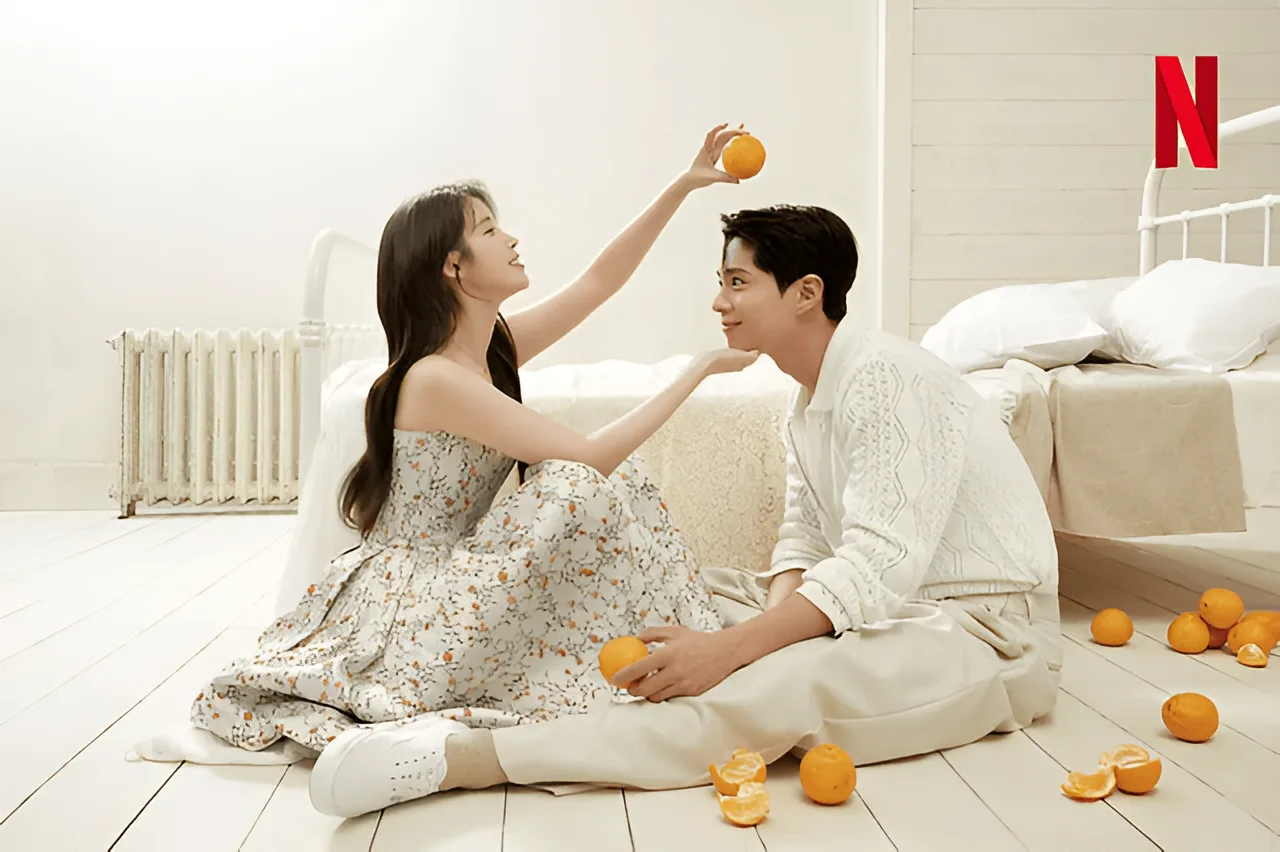A Must-Watch for Women: A fresh take on resilience, empowerment and romance
There are very few K-Dramas that appear to remind you of the enchantment of storytelling, capable of making you care deeply, cry out tears (a lot of them), and experience the joy of a family. When Life Gives You Tangerines, is a series which displays a group of characters who linger with you long after the sixteen episodes. Netflix’s newest slice-of-life drama, When Life Gives You Tangerines is a story driven by its female characters.
How the Story Unfolds
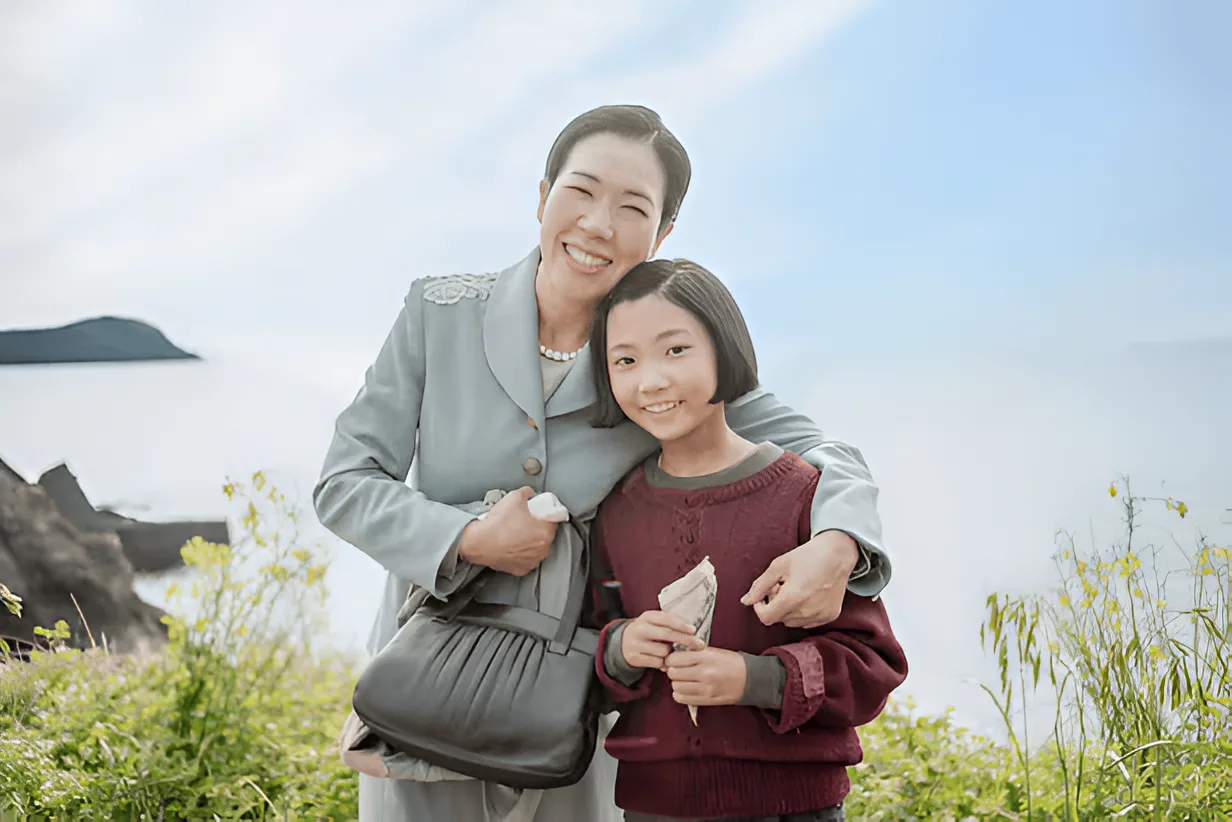
At the beginning of When Life Gives You Tangerines, Ae-sun (IU) sadly listens to her mother’s (Yeom Hye-ran) saying- being a cow is preferable to being a woman in Jeju Island. Ae-Sun, an intelligent student, with a hope in her mind to become a poet, aims to get into a college, and everything that her era not even her environment supported. In Ae-sun, is a girl who belongs from disadvantaged backgrounds and she couldn’t become class president even when she earned the majority of votes. At home, she is required to do chores and rarely receives the good fish; living with her uncle’s family means her cousin, the boy of the house, gets everything. A significant portion of Ae-sun’s resolve stems from her mother, a Haenyeo, which refers to a female deep-sea diver who gathers seafood. Constantly risking her life, she desires for her daughter to receive a good education, pursue a different route, escape the dire poverty they endure and never become a Haenyeo.
Amidst all this chaos, the only constant and reliable figure in her life is Gwan-sik (Park Bo-gum), a steadfast companion who always stays by her side. This is a continual topic of amazement and mockery in equal proportions within the community of the small seaside town they live in. When the two finally run away together and tie the knot, few are taken aback, even though this follows a lot of turmoil.
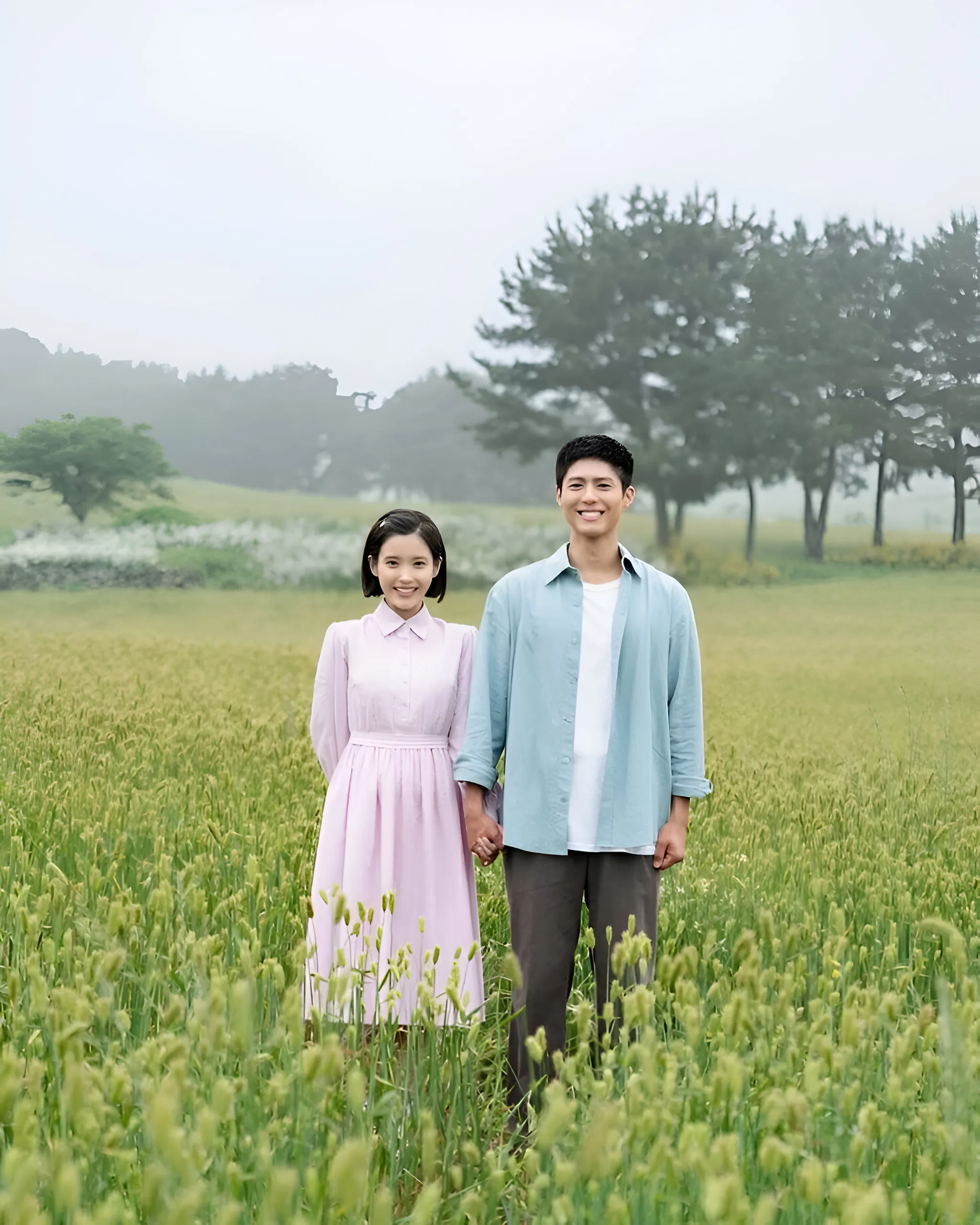
Throughout the series, we track the lives of Ae-sun and Gwan-sik amidst various changes in South Korea from administrations rise and fall, the economy grapples with a financial crisis, along with sports achievements, fresh music, films, and beyond. The series is magnificently filmed across seasons, oscillating between Jeju’s golden canola blooms and clean waters, and the bleak, chilly urban environment. The couple Ae-Sun and Gwan-Shik (portrayed by Moon So-ri and Park Hae-joon {the elder versions}) face numerous personal crises as they navigate their circumstances while wishing the best for their children, Geum-myeong (also played by IU) and Eum-myeong (Kang You-seok). In between all this chaos, Gwan-Shik turns out to be the greenest flag possible on the planet earth. He is the only person who stood like a rock throughout the series and that was the reason Ae-Sun used to call him Steel Heart.
The series also sheds light on the eldest daughter of the family. As Geum-myeong navigates her life, from an economic slump, experiences her initial heartbreak, and later discovers love, she struggles with the burden of her parents’ faith and expectations regarding her as their accomplished first-born daughter.
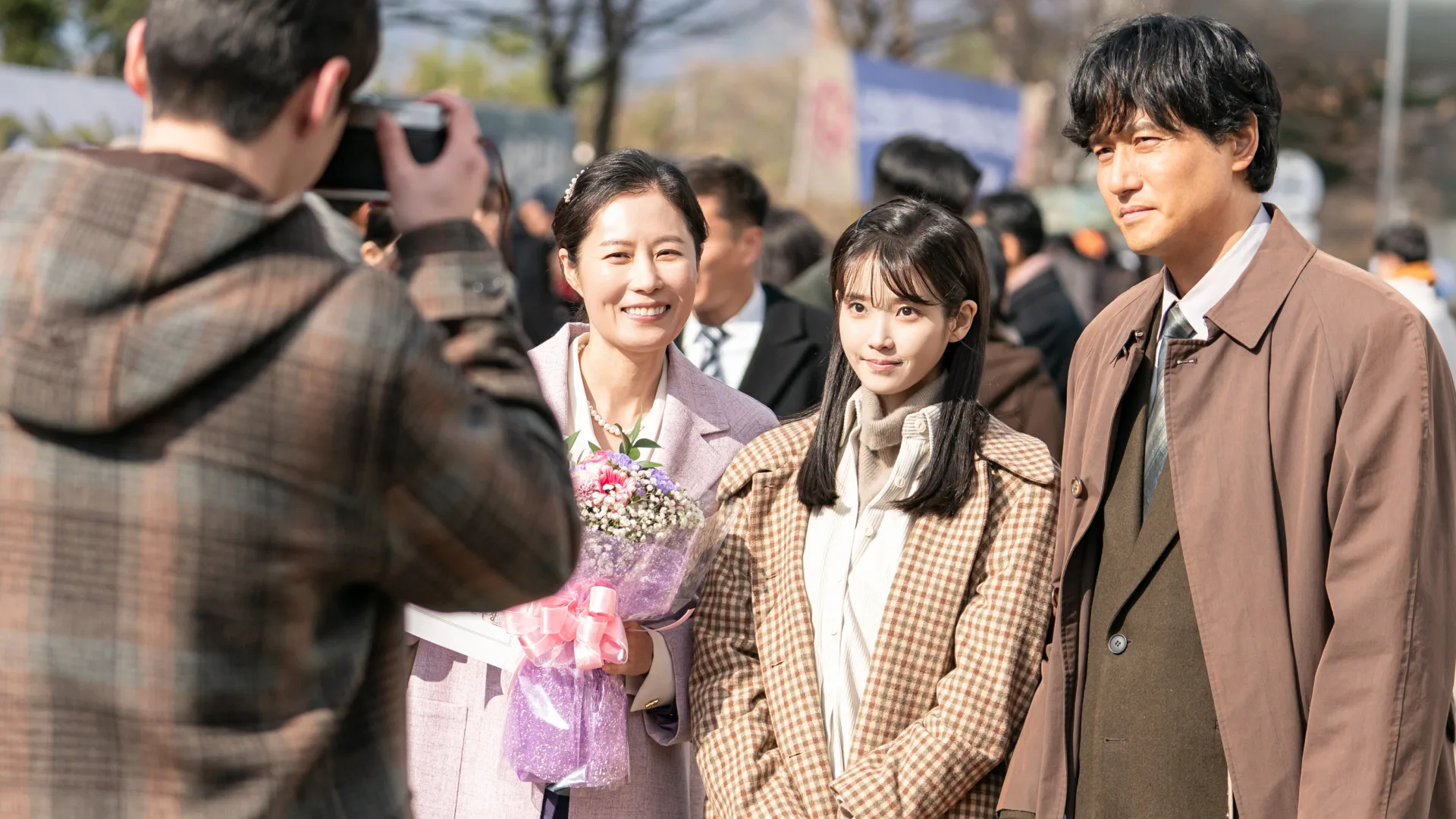
The daily lives of this family contain many elements that are deeply relatable and emotionally moving. The series has no villains, only people who are trying, hurting, losing, loving. Ae-sun’s despair as a woman who abandons her aspirations due to her situation, Gwan-sik’s warm smiles towards his wife when she joyfully dances after they acquire a new fishing boat, and the sorrow when the couple suffers the loss of a child and choose to recover swiftly so their other children aren’t weighed down by their grief.
In a scene that will undoubtedly seem quite relatable, Ae-sun and Gwan-sik quickly tend to a downcast and sorrowful Geum-myeong, offering her food and showering her with attention upon her unexpected arrival. The couple becomes immediately uplifted by her presence, leading Geum-myeong to ponder how quiet and solitary the house likely was only moments prior to her coming. That is exactly what our parents feel about their children. As soon as their children come home from work, or school, the parents find solace in their children and try to offer every possible thing in the house to their kids.
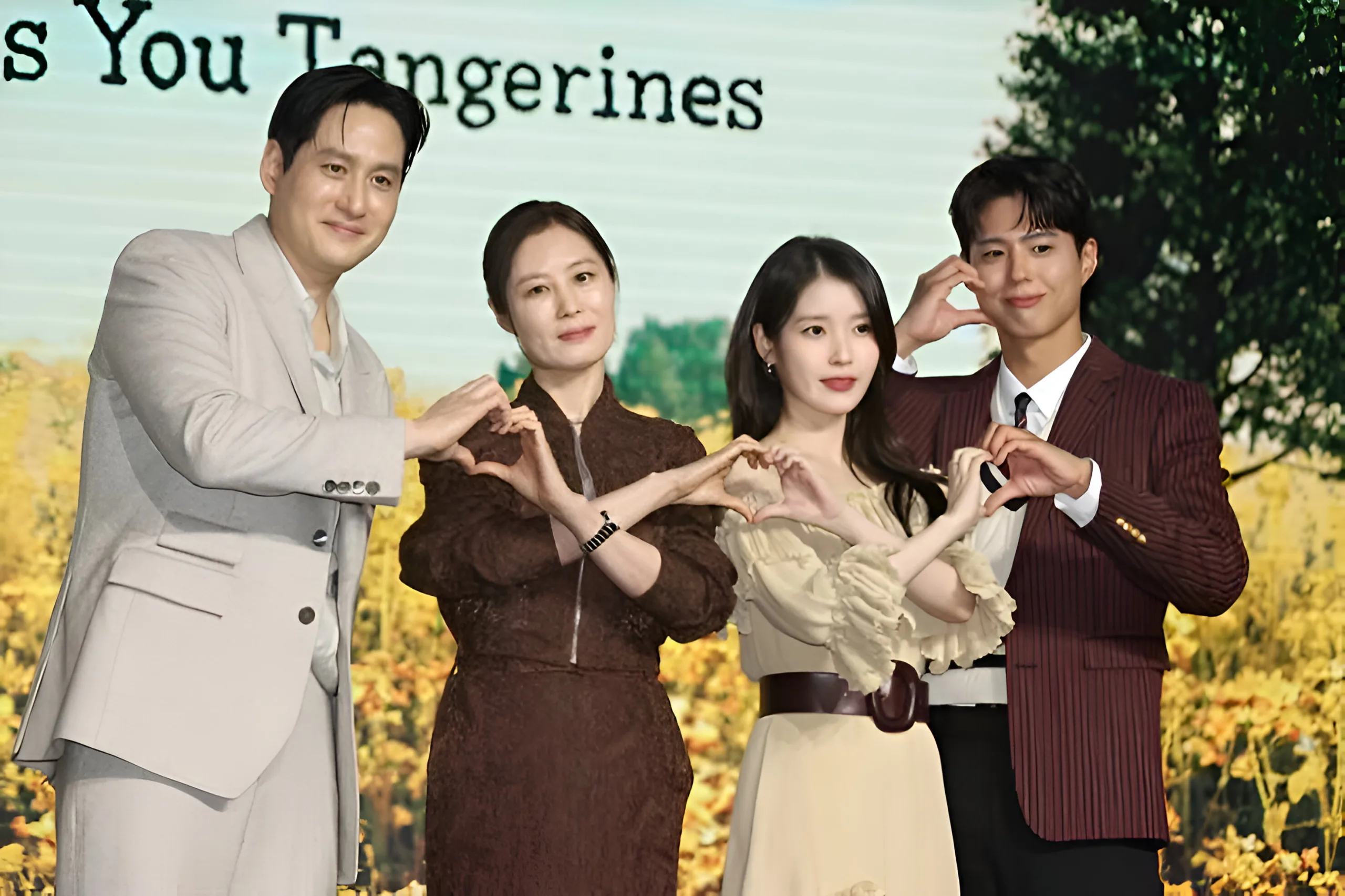
The storyline alternates between Ae-sun’s past and present, which is an astute decision since the writing highlights its women and the strikingly similar societal issues they face. Author Lim Sang-choon, known for writing When The Camellia Blooms, is in excellent shape in this piece. We witness Ae-sun fervently express to Gwan-sik that she wishes her daughter not to set a table, but to overturn it. Years later, when Ae-sun observes Geum-myeong quietly serving food for her boyfriend’s scheming mother, she steps in. The women present are committed to challenging everyday microaggressions such as this and making sure that generational patterns do not continue. The writing is intricate, multi-dimensional, and captivating – terms not typically linked to a slice-of-life series, yet this is one of those uncommon dramas that truly keeps you engaged. There are no antagonists, just the various twists and turns of life to navigate.
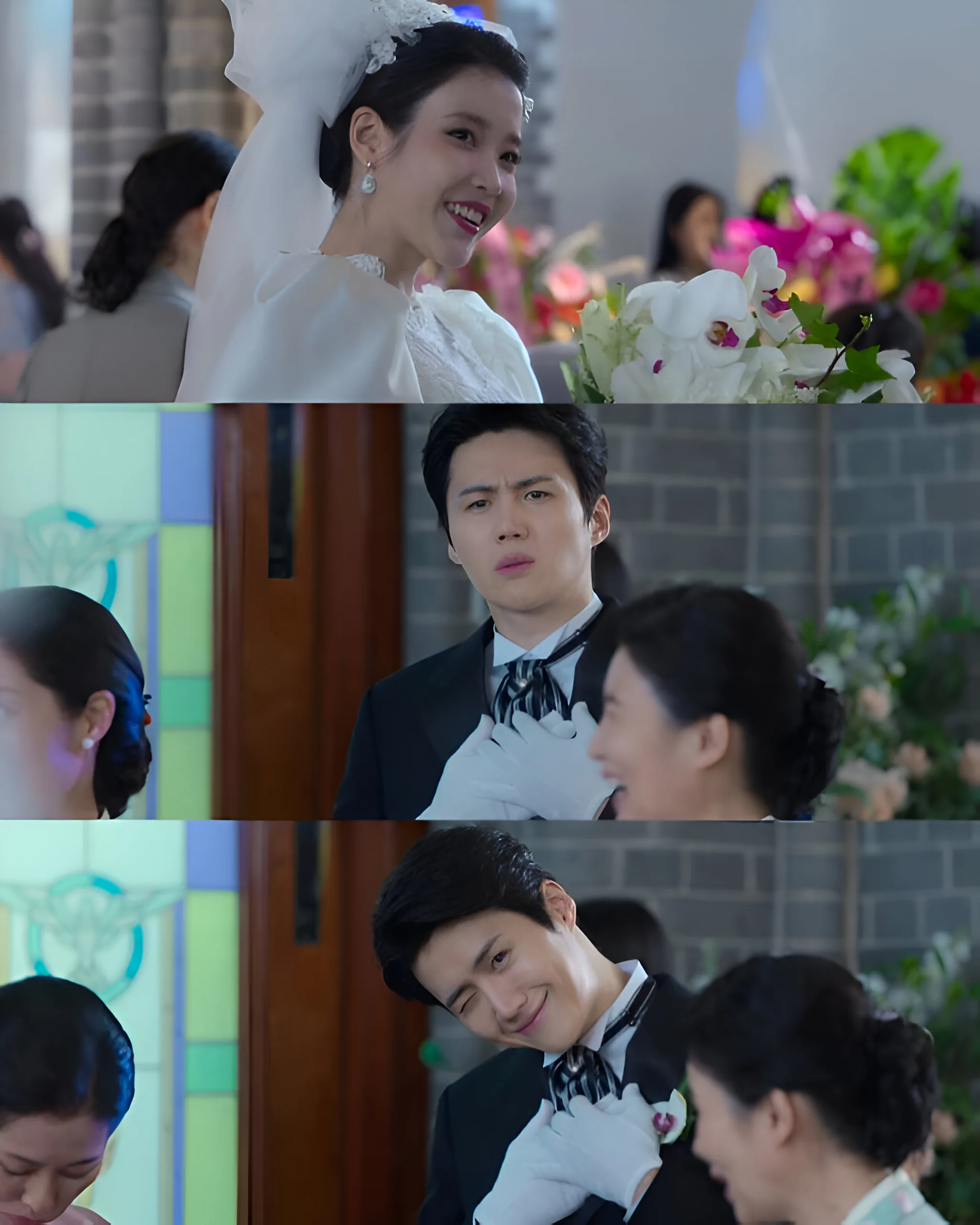
The series features an ensemble cast that is so impressive that it seems unfair to highlight any one performance as outstanding. IU excels in both roles, portraying the passionate young Ae-sun and the more serious, sensitive daughter Geum-yeong, while Park Bo-gum delivers his finest performance as the loyal, compassionate Gwan-sik. By portraying their earlier selves, Moon So-ri and Park Hae-joon guarantee that these characters are multifaceted and not solely characterized by their pain and loss. Your heart may ache for them repeatedly, yet their stolen embraces, kind words of encouragement, and steadfast belief in one another regardless of their situation, shines brightly. This series is about Family and how they love each other. A love that isn’t just about being together; it’s about choosing each other every single day. It tells us that real families are the ones who stay, even in the ugliest of your moments. It also showcases that sacrifice isn’t romantic, it’s all we have to offer. And that we are all carrying the dreams and scars of the women who came before us.
But Why Tangerines and Not Lemons
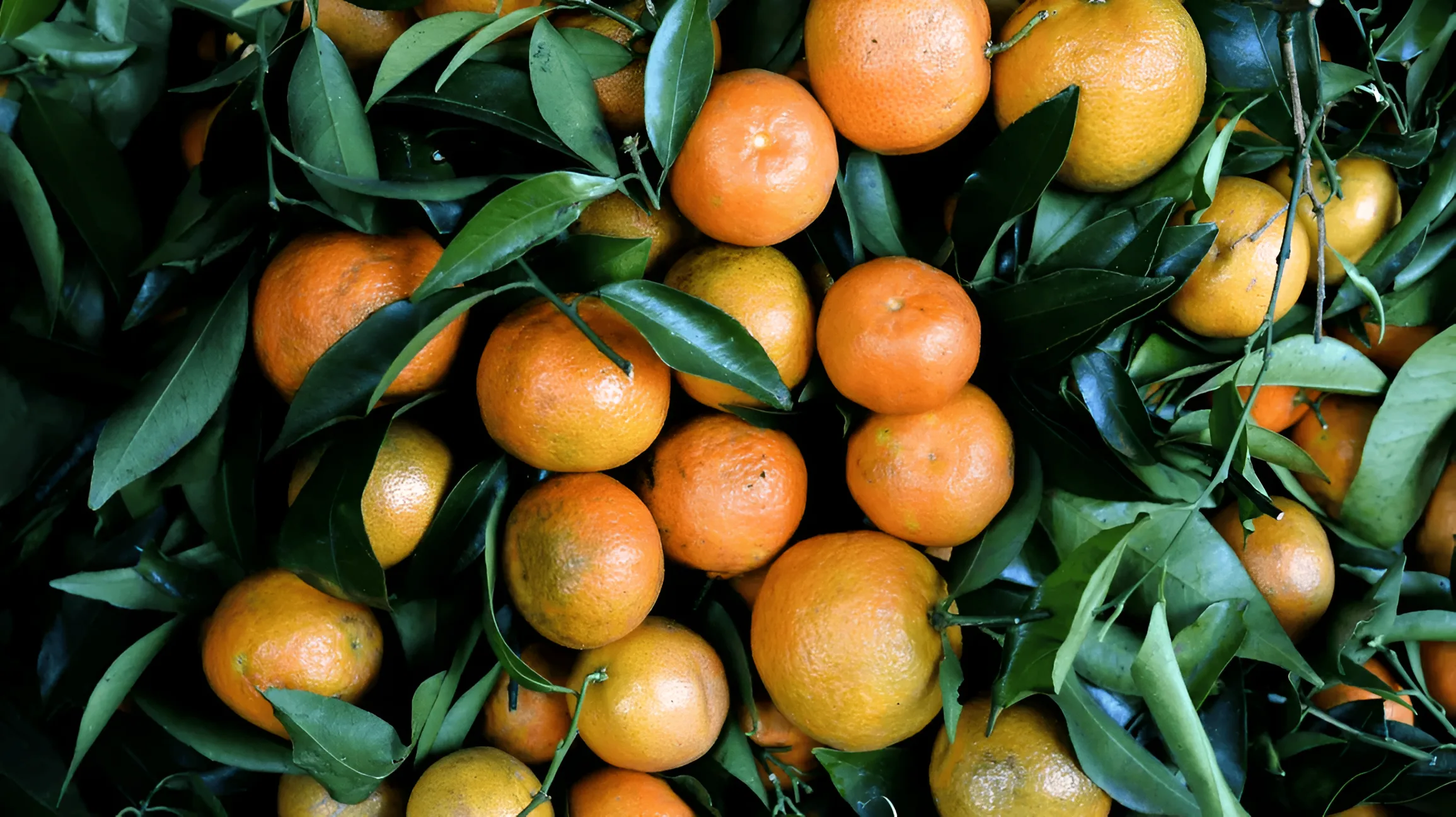 In Korean culture, tangerines are often gifted as a symbol of prosperity, good luck, and health, particularly during holidays like Chuseok and Seollal. The bright orange color and round shape of the tangerine are seen as auspicious, resembling coins and wealth. Also, Jeju Island is the place from where a large part of Korea’s Tangerines are produced.
In Korean culture, tangerines are often gifted as a symbol of prosperity, good luck, and health, particularly during holidays like Chuseok and Seollal. The bright orange color and round shape of the tangerine are seen as auspicious, resembling coins and wealth. Also, Jeju Island is the place from where a large part of Korea’s Tangerines are produced.
The “What Ifs It Carry”
There are persistent “what ifs” that the series encourages its viewers to think about. During the series and also after the long 16 episodes. In what ways would Gwan-sik’s life have changed if he had pursued a career as an athlete? Would Ae-sun have triumphed in college? What will Eum-myeong become? How will his relationship improve?
Why Should Every Woman Watch It ?
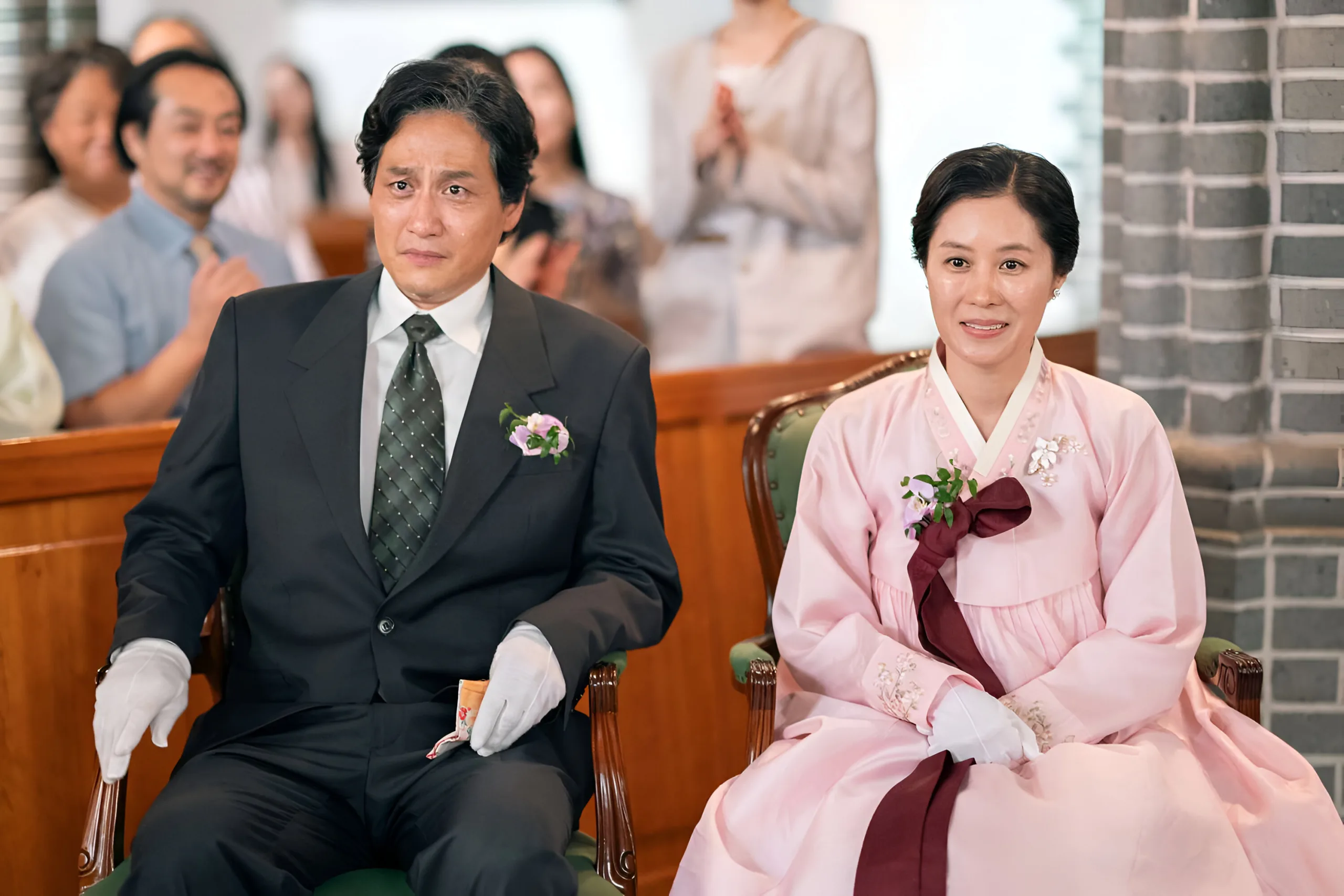
“When Life Gives You Tangerines” resonates with women because it offers a realistic and emotionally complex portrayal of family, love, and societal expectations, particularly for women. The drama’s story, inspired by a real-life couple, explores themes of resilience, sacrifice, and the enduring power of love in the face of adversity. The series also highlights the strength and determination of women in a patriarchal society, showcasing their dreams and their ability to overcome challenges. This bittersweet, meaningful life has a lot to offer, with its low points being very low and its victories providing immense joy. It’s about women who aspire greatly, women who seek to rise above poverty in a male-dominated society. The part where this whole series shines is how it showcases women who disrupt cycles passed down through generations, and above all, women who are “daughters of their mothers”. Sit with your mothers, have your tissues ready for the tears; they’ll be both joyful and sorrowful. This could be among the finest K-Dramas ever produced. The series “When Life Gives You Tangerines” is available for streaming on Netflix.


